Songs I Wish I’d Written: Wasn’t Born to Follow
While hardly unknown, The Byrds’ “Wasn’t Born to Follow” rarely receives the recognition of bigger hits like “Eight Miles High” or their cover of “Mr. Tambourine Man.” But “Wasn’t Born to Follow” is much more interesting.
I may be prejudiced about it: this was the first song by The Byrds I ever heard, and I’ve been listening to it since I was five years old. See, “Wasn’t Born to Follow” was on the soundtrack to the film Easy Rider. If you’ve seen the film, you may recall this song plays during the scene where Captain America and Billy visit a commune and steal away with two ladies for a idyllic swim in a nearby quarry.
I saw the film when I was a very young child (my parents had an extremely liberal policy about what I could watch and read). I didn’t understand any of it then, of course, but I dug the motorcycles and the leather jacket with the American flag on the back. My parents bought me the soundtrack album, which I played the hell out of.
“Wasn’t Born to Follow” is the fourth song on side 1 of the soundtrack, and appears right before the Holy Modal Rounders’ “If You Wanna Be a Bird.” For years, I thought there must be some sort of connection between the Bird of the Holy Modal Rounders’ song and the Byrds of “Wasn’t Born to Follow.”
Hey, I was just a little kid.
But even then, “Wasn’t Born to Follow” stood out from everything else on that album. I loved the song as a kid, and if anything I’ve come to love it even more as I’ve grown older. As a kid, I just thought it was pretty and cool—which it is. As an adult, not only is it pretty and cool, but the lyric assumes new dimensions.
If you haven’t already heard the song, do check it out now. It’s only 2:30.
I was always captivated by the idea of leaves that “break the light in colors / that no one knows the name of.” And of the solitary journey through the forest to find another who enlightens and enriches you in ways you wouldn’t imagine: “you can lead me to the chasm, where the rivers of our vision flow into one another.”
And here’s where the Byrds completely and irrevocably make this song—which was written by Carole King and Gerry Goffin—their own, just like they did with Dylan’s “Mr. Tambourine Man.” Until this point, they’ve treated the song as a fairly conventional albeit electrified country-rock number. But suddenly an element of flange enters the guitar picking, and then the Byrds veer off into completely unexpected terrain.
Out of nowhere, they seamlessly shift into a raga-esque, modal middle eight, with the electric guitars upping the distortion and twisting around each other like hissing snakes, and the entire song filtered through a heavy flange effect. Sixteen short measures later and this interlude departs as quickly as it arrived, slipping easily back into the easy country rhythm of the verse. It’s stunning, and really just bizarre, but the most curious thing to me is how perfectly it works, both musically and as a reflection of the lyrics. The Byrds can’t show us that point where two peoples’ visions combine into something more, but the sudden change they incorporate into the song captures it nonetheless.
And then the final verse comes in, where the singer has to make a choice: autonomy, or this united whole with another person. The singer is unapologetic about choosing his own path, but simultaneously, there’s regret for what could have been, too.
I will want to dive beneath the white cascading water
She may beg
She may plead
She may argue with her logic
And mention all the things I lose
That really have no value, in the end she will surely know
I wasn’t born to follow.
A quick, tasty lick from the lead guitarist ushers us out, and we’re done. It’s less than three minutes later, but every time I hear this song I feel like I’ve been on a journey. A trip, if you prefer. The combination of the lyric, the beauty of The Byrds in their country rock phase, and the incongruity of that raga interlude make this song a unique experience. For me, it’s a perfect song, and one I wish I’d written.
Echoes of this song have cropped up in my work many times over the years. I’ve never tried to cop it directly, but the idea of an incongruous break is one I’ve tried to incorporate many times, probably most blatantly in the song “Yr Introduction” from our first album. One of the first songs I ever wrote, it’s no coincidence that it harks back to my love for “Wasn’t Born to Follow.”
I’ve tried working with that laid-back country rhythm the Byrds employ so effectively, too, with results that I’ll leave it to you to judge. But whatever you think of our work, I hope the magic Roger McGuinn and his bandmates created awes you as much it does me.
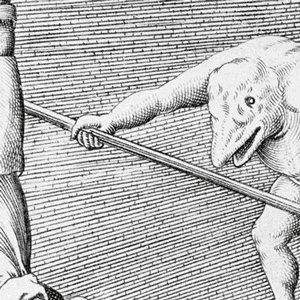


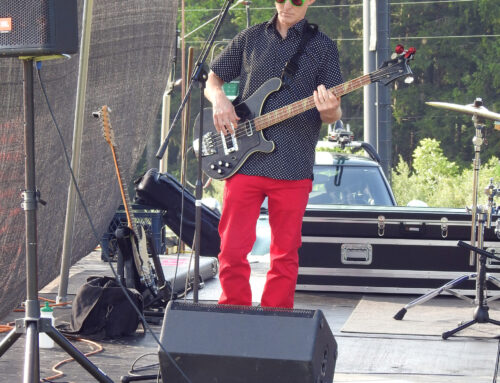
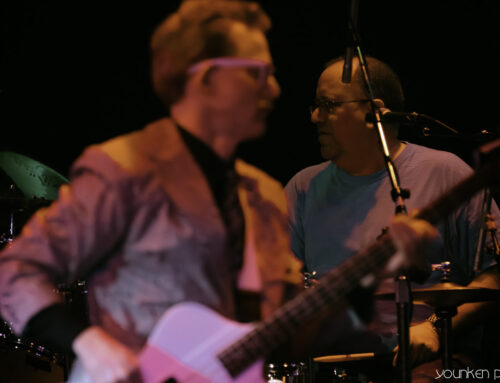
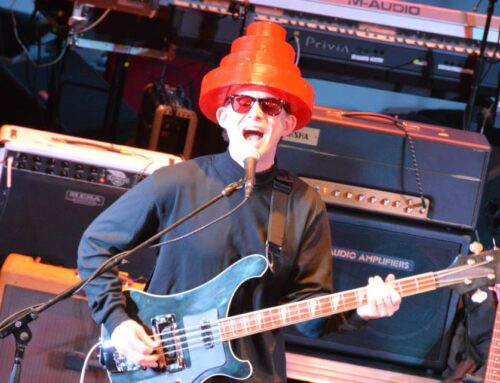
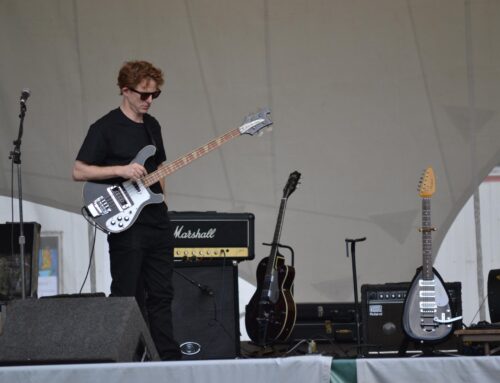
I feel the same way you do. For me it is one of the most beautiful songs, music and lyrics complement each other perfectly.
When I sing along, my voice breaks away almost every time at the part “and breaks the light in colors that no one knows the names of” and I can hardly suppress the tears.
I translated the song into German, taking into account the flowing rhythm of the song.